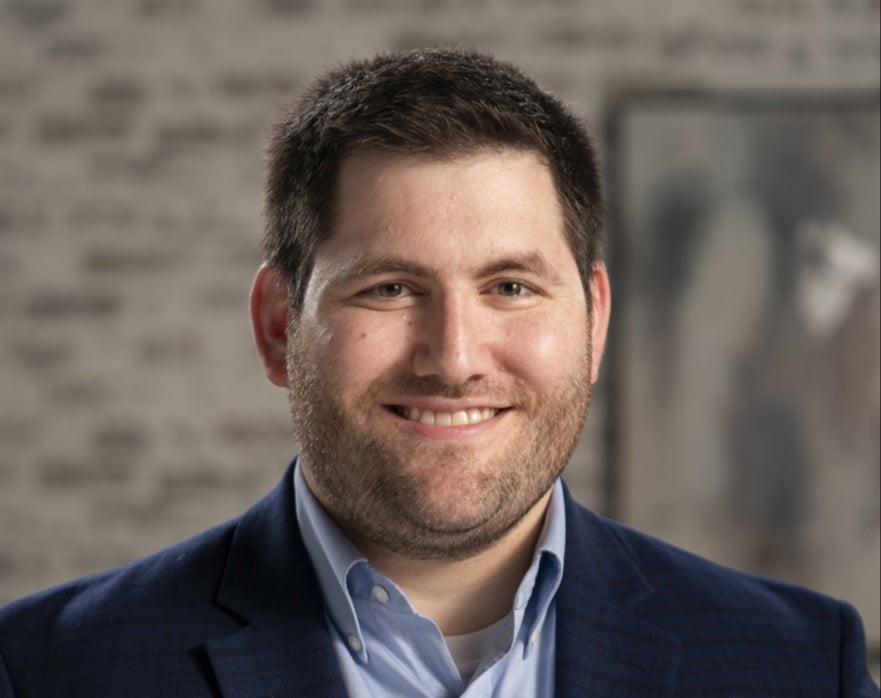"I Messed Up"
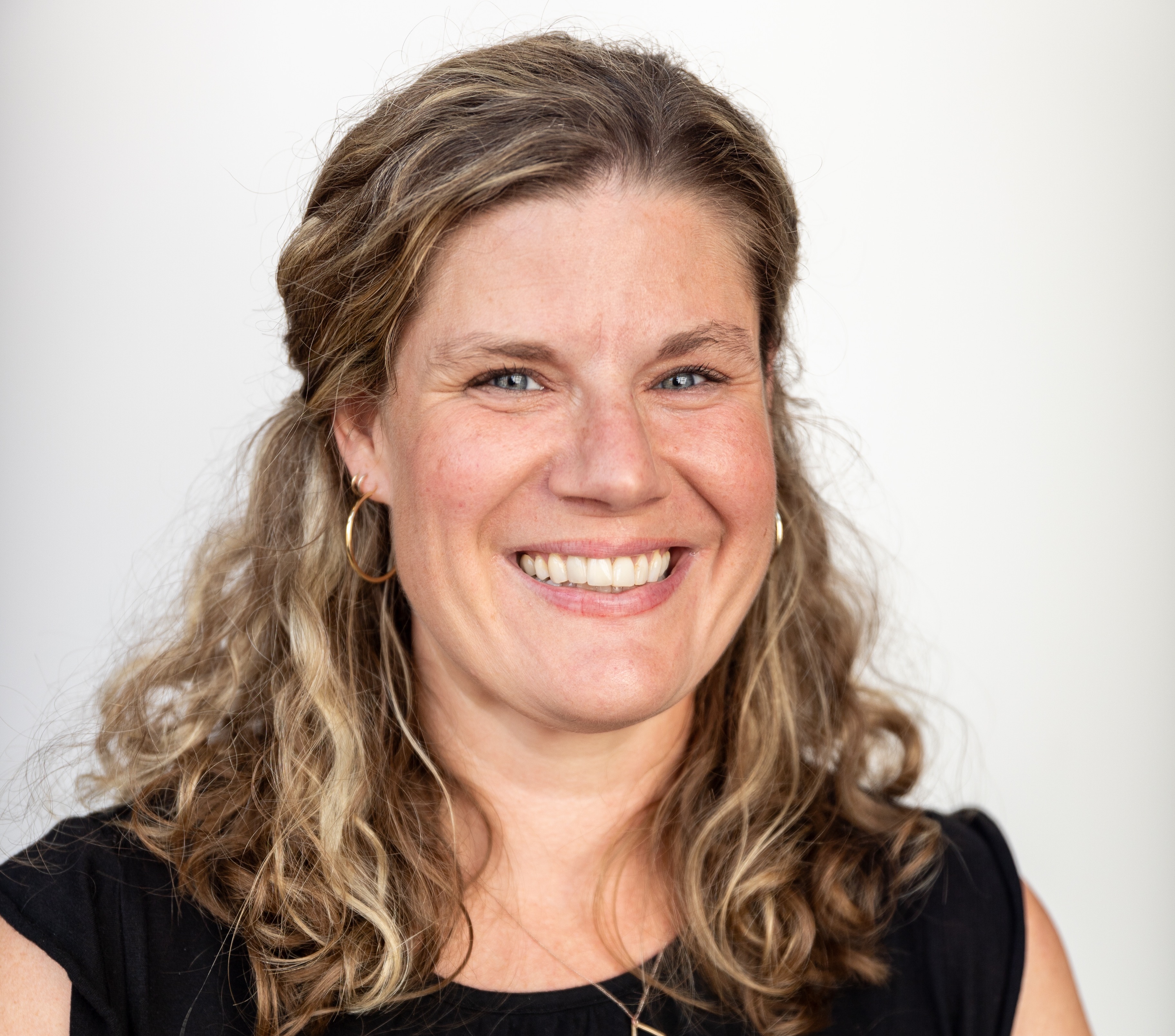
In the high-stakes world of medicine, where every decision holds weight, the inevitability of human error can loom large over clinicians. It's a reality we all face, yet admitting our mistakes and grappling with their aftermath can be one of the most challenging aspects of our profession. How do we reconcile our desire for perfection with the reality of fallibility? How do we move forward gracefully and resiliently after making a clinical error?
Dr. Katye Hart, an Associate Professor of Family Medicine at Georgetown University School of Medicine, sheds light on this critical topic, drawing on her own experiences and insights. As clinicians, it's vital to acknowledge the significance of this discussion and understand its impact on both our professional and personal lives.
The simple truth is that mistakes happen. Despite our best intentions and rigorous training, we're not immune to errors. Dr. Hart highlights the pervasive culture of perfectionism in medicine and the challenges clinicians face in admitting fault. Moreover, the fear of malpractice and the lack of adequate support systems can exacerbate the burden of guilt and shame, leading to what Dr. Hart aptly describes as becoming a "second victim."
On Primary Care RAP, Dr. Hart shared a personal story that underscores the profound impact of clinical mistakes. Her poignant account of a prescribing error will be familiar to many of us. Yet, amidst the anguish and self-doubt, she found unexpected grace in the forgiveness of her patient's wife.
So, how do we cope and move forward after a mistake? Dr. Hart emphasizes the importance of humility, transparency, and self-compassion. By acknowledging our fallibility, apologizing sincerely, and committing to learning from our mistakes, we can foster trust and healing in our patient relationships. Furthermore, Dr. Hart advocates for systemic changes within healthcare organizations, such as structured debriefing sessions and access to mental health resources, to support clinicians in times of crisis.
Beyond immediate coping mechanisms, Dr. Hart encourages clinicians to engage in long-term reflection and growth. By normalizing conversations about mistakes and sharing our experiences with peers and learners, we can break the silence surrounding clinical errors and mitigate their stigma. Dr. Hart's emphasis on honoring the patient's experience underscores the responsibility we bear as healthcare providers.
Embracing imperfection is not a sign of weakness but a testament to our humanity. Dr. Hart's insights remind us that, while inevitable, clinical mistakes offer opportunities for growth, compassion, and resilience. By fostering a culture of openness, support, and continuous learning, we can navigate the complexities of our profession with grace and integrity. As clinicians, let us strive not for perfection but for progress and healing in the face of adversity.
Practice-Changing Education
Experience education that goes beyond theory. Explore Hippo Education’s offerings below.


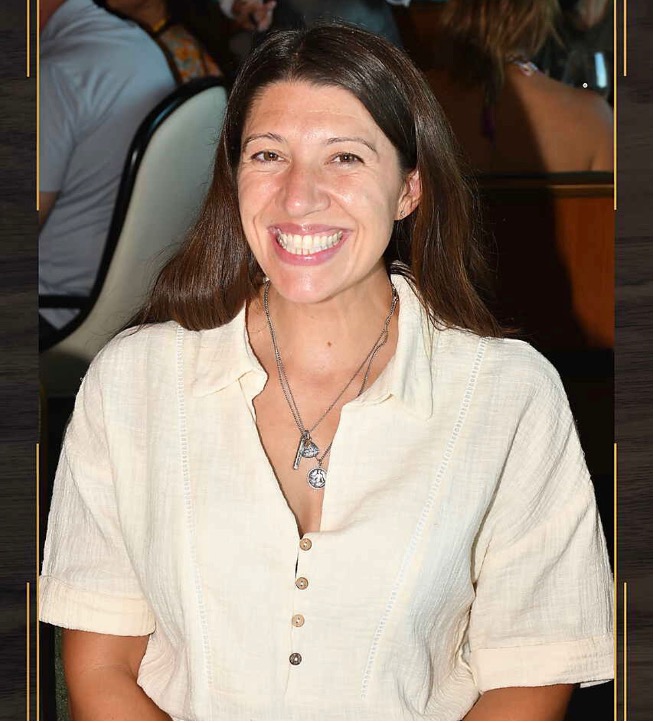
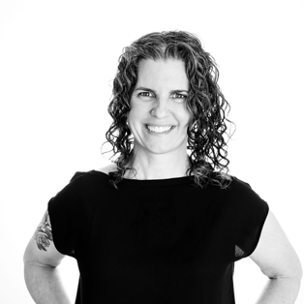

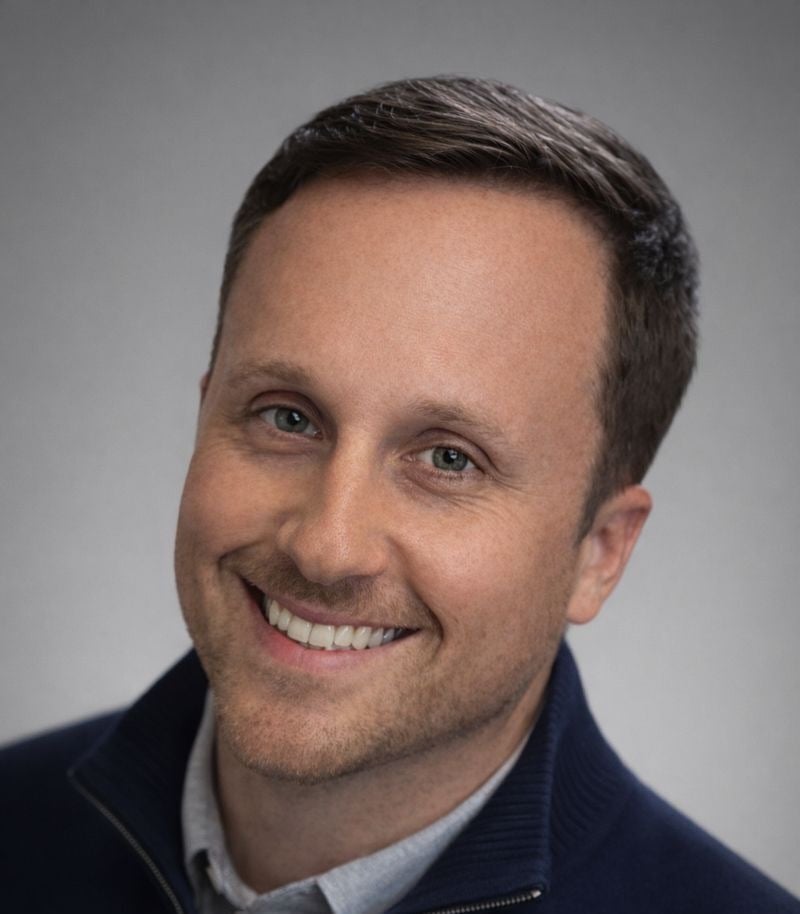
.png)
